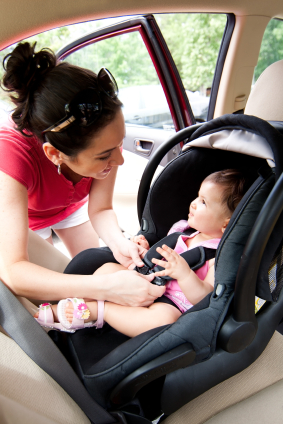Custody is an emotional and difficult issue when it comes to divorce. It needs to be well-discussed with your lawyer to ensure that you get what is fair when it comes to seeing your children. There are two parts to custody: One is the right and responsibility to make decisions for a child, known as legal custody. The other being where the child will live, known as physical custody. Beyond that, there is joint custody and sole custody. Joint custody is when both parents make decisions for the child together. In sole custody, just one parent has the right to make the major decisions.
It is important to keep in mind with regards to child custody in a divorce case that the legal system will not discriminate on gender of the parent. They will always do what is best for the child. When determining what is best for the child, the court will often look at: which parent is the caregiver, the parenting skills of each parent, the mental and physical health of each parent, work schedules and child care plans, what the child wants (depending on their age) and the parents’ ability to cooperate with each other as long as it is safe for the child.
In family law, when deciding about child custody and child support, you do not always have to go to court. When you come to court about custody or visitation with your child, you may have a choice: to litigate with your lawyer before a judge or to have your case referred to mediation. For more information on mediation please refer to our article What is Mediation?
If one parent has sole custody, the courts and the sole custody parent will, in nearly all cases, allow the other parent the right to visit their child. There are several different kinds of visits, and they are as follows:
Supervised visits: A parent can’t be alone with the child. The court will choose someone to supervise the visits if there is a serious concern about a parent’s ability to act properly with the child or where there has been domestic violence.
Therapeutic Supervised visits: A mental health professional supervises the visits and can try during the visits to improve the parenting skills of the parent.
Neutral Place of Exchange: A safe location where a child goes from one parent to the other for visitation. For example: a police station, a school, or library.
Monitored Transition: A third person is present when the the child goes from one parent to the other for visitation. The reason for this is to be sure the child is safe and allow them to feel calm.
In some cases of child custody, a relative will want to assume the rights of caregiver. The law states that grand-parents, aunts, uncles and other relatives who want legal custody have to show the court that the parents are not fit to care for the child. If the court agrees that the parents are not fit for child custody, the court can then consider whether or not it would be best for the child to give custody to the relative instead of one or both of the parents.

